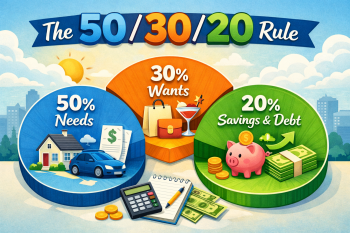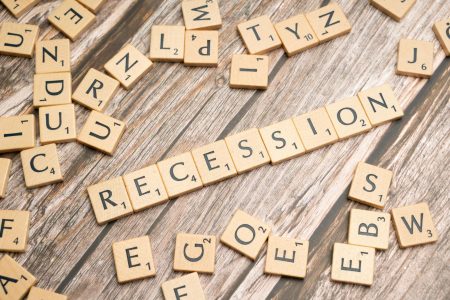I remember a few years ago when a colleague reached out to me because she wanted to take on debt to get her freelance business off the ground and wanted to know my thoughts. At the time, I didn’t know enough about business debt to give a good answer, I just knew I wouldn’t take on debt.
Fast forward a few years in which I’ve been writing mostly about business and finance, and I’ve since learned a thing or two about whether not business owners should take on debt. While I still haven’t personally done it, I know plenty of business owners who have and I’ve learned from them.
Table of Contents
ToggleHow do you feel about debt?
This may seem like an odd question to ask about whether or not to take on debt in your business. After all, isn’t business debt all about numbers? What the heck do your emotions have to do with it?
The answer is a lot.
The reason I choose to bootstrap and avoid taking on debt is because I hate feeling like I owe money. Trust me, I know that my net worth is more important than a credit score, but I’ve been taught to be debt averse. I literally have anxiety just thinking about it.
On the other hand, there are plenty of people who have more tolerance to take on debt in their businesses. Debt does have a place in the business world (companies take on debt all the time) but your emotional tolerance to it plays a role in whether or not you can handle it.
Do you have a plan?
The idea behind business debt is that you take on debt to make an investment which is supposed to yield a higher return. If you have a pretty solid plan for doing that, then taking on business debt may not be a big deal and can actually help you move forward.
The problem is when people take on business debt and either don’t know where to invest it or don’t have a plan for paying it back. The truth is if you’re going to take on debt, make sure you’re doing it strategically.
Are you getting in over your head?
This question plays into the last one. Just like you need to make sure you have a plan if you want to take on debt, you also need to make sure you’re not in over your head.
Get clear on what you need to actually invest money in (Hint: it’s not everything), how much it’s going to cost and how much debt you would need to take on to make it happen.
The last thing you want is to take on too much debt and fail as a result.
Are your business and personal finances separate?
If you’re going to take on debt in your business, make sure your assets are separate. This is good for managing business finances, it’s good for taxes and it’s especially good if you want to take on debt.
The reality is that if you go to a business lender (whether online or at a bank) you’re going to want to make sure everything is organized. Otherwise, you run the risk of being rejected.
Whether or not you decide to take on debt in your freelance business, make sure that you look at all of your options and think it through thoroughly. You may also want to consult your accountant to help you make a solid decision.















